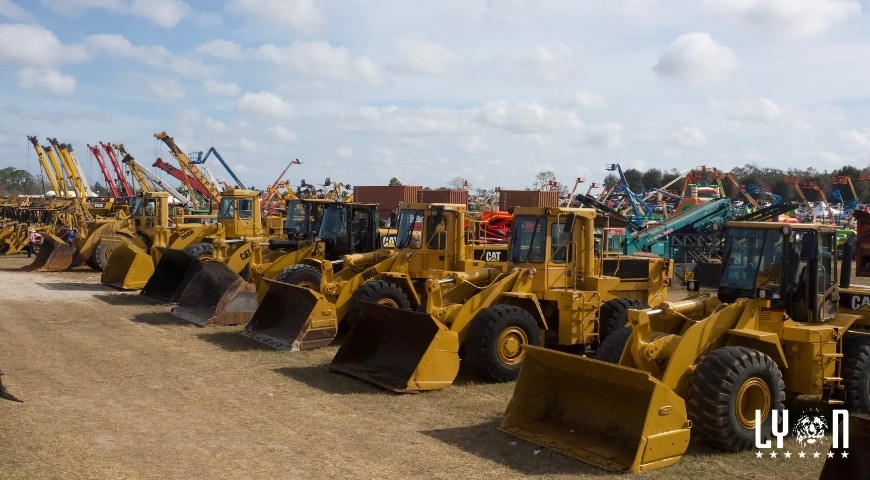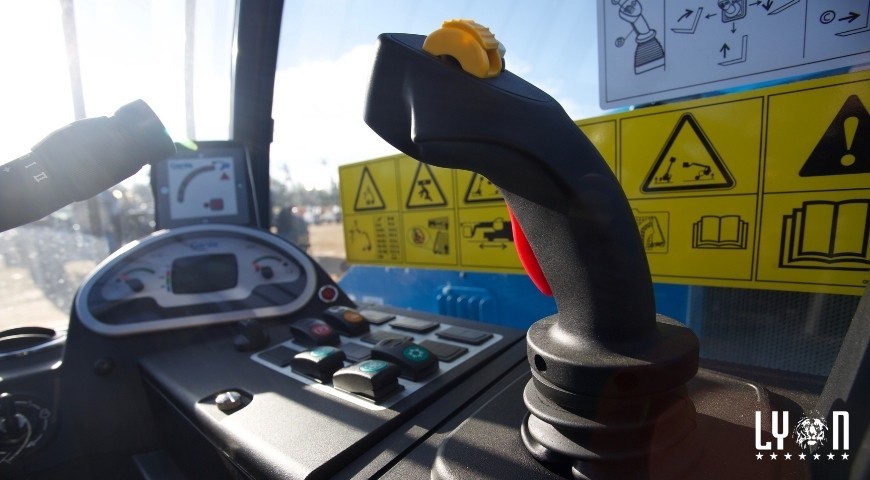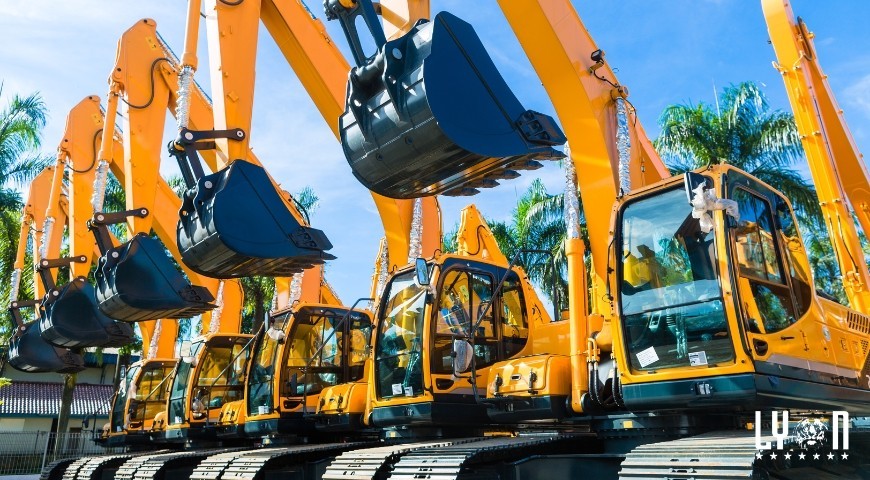Acquiring heavy equipment at an auction can be a savvy business move, offering substantial cost savings compared to purchasing brand-new machinery. It’s important to know the tax implications associated with these acquisitions. Proper tax preparation can help you make the most of your investment and ensure compliance with tax regulations. Let’s explore key considerations for tax preparation when you’ve bought equipment at a commercial equipment auction!
Record keeping
Start by maintaining meticulous records of your equipment acquisition. This includes the auction invoice, purchase agreement, payment receipts and any related correspondence. Organized record-keeping is the foundation of effective tax preparation.
Determine depreciation
Heavy equipment is typically subject to depreciation, which can be advantageous for tax purposes. Consult with a tax professional to determine the appropriate depreciation method for your specific equipment. This can help you spread the cost of the equipment over its useful life, reducing your taxable income.
Tax credits and deductions
Investigate whether you qualify for any tax credits or deductions related to your equipment purchase. In some cases, governments offer incentives for businesses investing in machinery, especially if it has environmentally friendly features.
Section 179 deduction
In the United States, the Section 179 deduction allows businesses to deduct the cost of certain types of equipment in the year of purchase, rather than depreciating it over time. Check if your equipment qualifies for this deduction, as it can provide significant tax benefits.
Asset classification
Properly classify your equipment assets on your tax returns. Different categories may have varying depreciation schedules and tax treatments. Ensure you’re using the correct asset classification to maximize tax advantages.
Financing considerations
If you financed the equipment purchase, understand the impact of interest expenses on your taxes. Interest payments on equipment loans may be deductible, further reducing your taxable income.
State and local taxes
Be aware of state and local tax regulations, which can vary widely. Some jurisdictions offer additional tax benefits or may have different rules regarding equipment depreciation and deductions.
Consult a tax professional
The complexity of tax regulations necessitates professional guidance. Engage a qualified tax advisor or accountant who specializes in business and equipment-related tax matters. They can help you navigate the intricacies and ensure compliance.
Claiming deductions
When it’s time to file your taxes, claim the relevant deductions and credits based on your equipment purchase. Accurate and thorough reporting is crucial to optimizing your tax benefits.
Document changes in equipment value
Over time, the value of your equipment may change due to factors like market conditions, improvements or wear and tear. Keep updated records of these changes, as they can affect your equipment’s book value and depreciation calculations.
Visit our commercial equipment auctions
Tax preparation after buying equipment at auction requires careful attention to detail and a thorough understanding of tax regulations. These tips will help you maximize the financial benefits of your equipment investment while staying in compliance with tax laws. If you’re looking to purchase equipment, check out one of our commercial equipment auctions or contact us today with any questions or comments!




